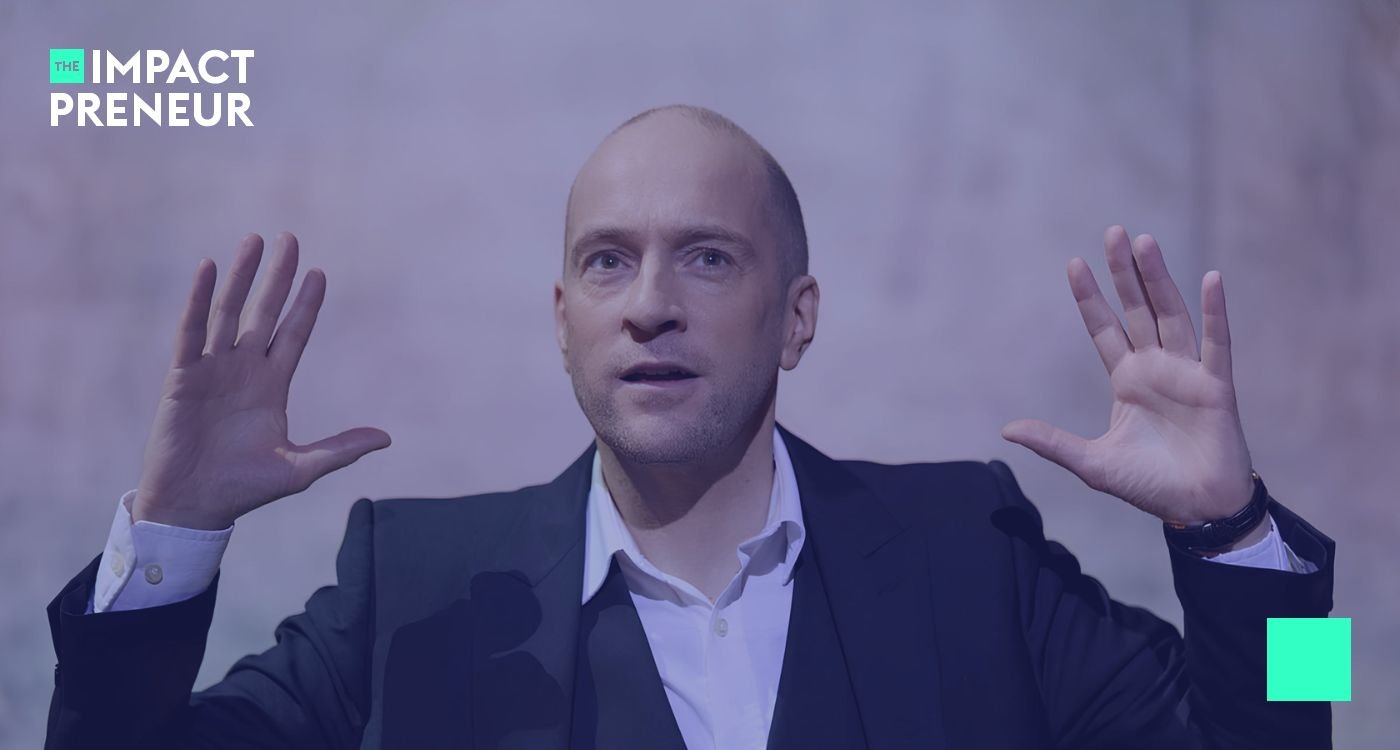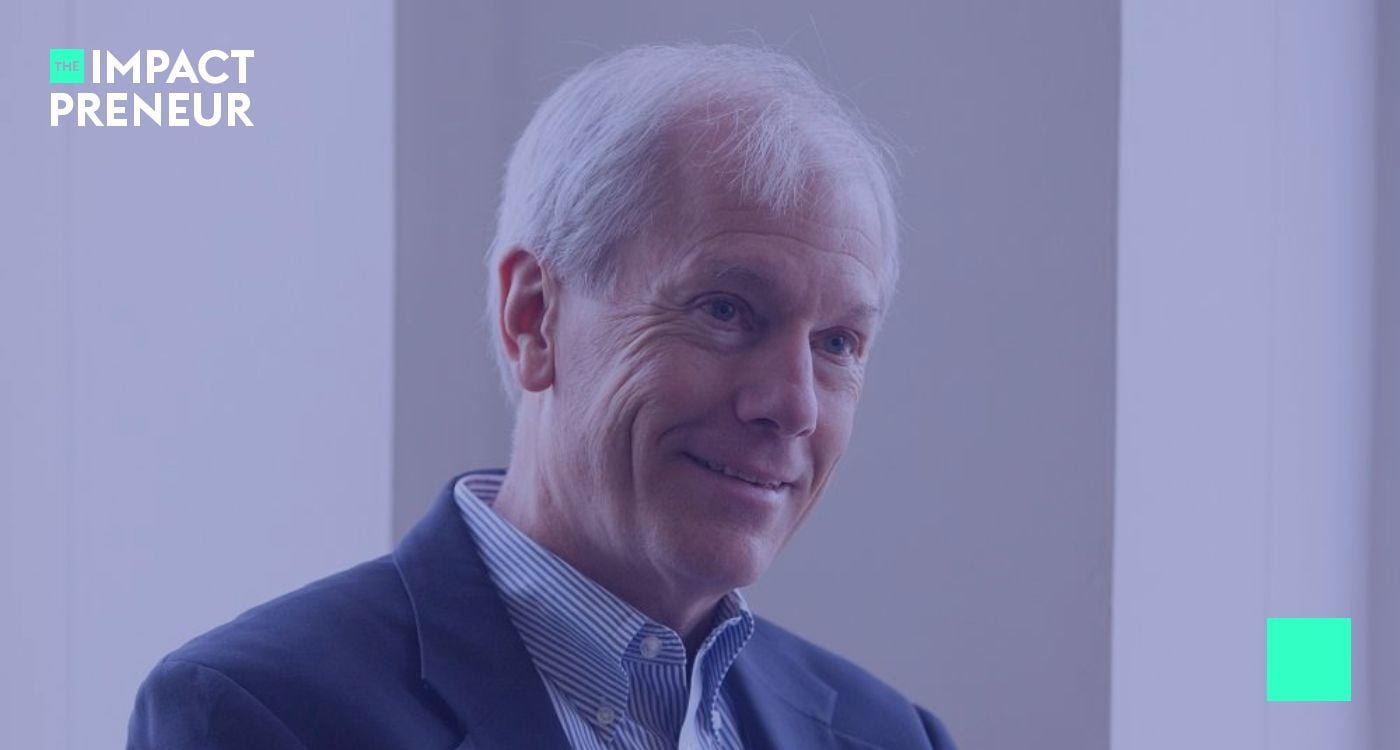Photo by: Los Muertos Crew
In the bustling world of social media, where every post, tweet, and like is a testament to our digital identities, it's easy to feel lost in the noise. But what if the key to mastering this digital domain lies not in the algorithms or the latest tech trends but in understanding the human psyche itself? Dive into insights from Matt Abrahams, a strategic communication expert at Stanford, and Jeff Hancock, the founding director of the Stanford Social Media Lab, as they unravel the psychological principles of our online behavior.
Quick Bites:
- The core of effective social media interaction lies in understanding human behavior, not just the latest app or platform.
- Our online selves are reflections of our intrinsic motivations and desires.
- Social media's effect on our happiness and anxiety is modest but significant, highlighting the importance of mindful engagement.
- Mindful engagement, authentic expression, and constructive interaction are the keys to a positive social media experience.
The Psychological Core of Social Media
Ever pondered why some posts go viral, leaving us in stitches or deep reflection, while others fizzle out unnoticed? It's not just the content but the psychological underpinnings that capture our collective imagination. Matt Abrahams, with insights from Jeff Hancock, delves into the essence of social media, emphasizing that understanding human psychology is paramount. It's a realm where our digital personas navigate the complex web of online interaction, striving for connection and collaboration.
The dance between expressing ourselves and resonating with others online is a delicate one. Hancock's pioneering research at the Stanford Social Media Lab suggests that the age-old principles of psychology and communication still hold the key to unlocking the potential of social media. This revelation brings a comforting sense of familiarity to the otherwise chaotic digital landscape. It reminds us that at the heart of every tweet, share, and comment lies a deeply human quest for connection and understanding.
Yet, the vastness of the digital domain can sometimes amplify our insecurities and stress. The comparison trap, a well-documented psychological phenomenon, finds fertile ground in the endless scroll of achievements and highlights presented by others. But recognizing this, we can choose to engage with social media in a way that uplifts and connects, rather than diminishes our sense of self.
"The one big thing I would say I'd take away after maybe 15 years of doing work on this is that psychology trumps technology," Jeff notes, underscoring the enduring relevance of human psychology in the digital age.
This insight, drawn from extensive research and teaching, highlights the pivotal role of psychological principles in navigating the social media landscape. Through these expert perspectives, we gain a richer understanding of the psychological core that underpins our social media interactions. By focusing on the psychological core of our online interactions, we can navigate the digital seas with purpose and poise, forging genuine connections and fostering a sense of community in the vast digital expanse.
Decoding Our Digital Selves
In this digital age, our online personas are more than just avatars or usernames; they're extensions of our very selves, intricately woven into the fabric of our social media interactions. But what drives us to share, like, and comment the way we do? Is it a quest for validation, a desire to connect, or something more profound? Hancock posits that the same psychological needs and desires that govern our offline behaviors are at play online as well.
The essence of our digital selves is rooted in a fundamental human need to express and connect. Whether it's sharing a milestone, voicing an opinion, or seeking solace in a community of like-minded individuals, our online actions are a mirror to our intrinsic motivations and desires. This realization not only demystifies the allure of social media but also empowers us to use it as a tool for genuine connection and growth.
"We need to express ourselves and share our identity and identify with other people," Jeff reflects, articulating the essence of our online engagements.
This sentiment captures the universal drive for self-expression and connection, fundamental aspects that persist robustly in the realm of social media. However, the journey of self-expression and connection on social media is not without its challenges. The relentless pursuit of likes and followers can sometimes lead us astray, causing us to lose sight of our authentic selves. It's a delicate balance, navigating the fine line between curating a persona that resonates with others and staying true to our genuine identity.
Recognizing the psychological underpinnings of our digital selves offers a roadmap for more meaningful and fulfilling online interactions. By embracing our authentic selves and fostering genuine connections, we can transform our social media experience from a source of stress and comparison to a platform for growth, inspiration, and community.
Navigating the Social Seas
Social media, with its vast networks and instantaneous communication, can often feel like navigating through uncharted waters. Hancock's research sheds light on how our engagement with social media impacts our well-being, offering strategies for steering through these digital seas with our mental health intact. Surprisingly, the correlation between social media use and well-being indicators like depression and life satisfaction is weaker than the sensational headlines would have us believe.
"We are communicating with far more people, more kinds of people can get access to us," Jeff observes, noting the expanded horizons of our digital interactions.
This observation points to the unprecedented scale of connectivity that social media affords, connecting us with diverse individuals and communities across the globe. The paradox of social media lies in its ability to connect us across continents and time zones while simultaneously exposing us to the perils of comparison, envy, and misinformation. Yet, equipped with an understanding of these dynamics, we can chart a course that emphasizes connection and positivity, mitigating the risks and amplifying the rewards.
Mindful engagement emerges as a beacon for navigating social media's complex waters. It's about choosing to engage with content that uplifts and inspires, to contribute positively, and to build communities that reflect our values and aspirations. As we sail these digital seas, let's remember the power of our choices. Each click, each post, and each interaction is a stroke of the oar, propelling us through the vast, interconnected world of social media. By choosing to engage with intention and mindfulness, we can make our journey online not just a voyage of discovery but a voyage of meaningful connection and growth.
Crafting Your Digital Destiny
As we delve into the art of communication in the social media age, Jeff Hancock offers sage advice on crafting a digital presence that resonates with authenticity and purpose.
"You need to communicate in a way that is trustworthy for you," he counsels, highlighting the importance of authenticity in our digital interactions.
These insights are not just theoretical; they are grounded in real-world experiences and observations. By integrating these expert perspectives, we empower ourselves to craft a digital destiny that reflects our true selves, fosters genuine connections, and enriches our lives. Here are the guiding tools to lead your way forward:
- Embrace Authenticity: Your digital presence should be an extension of your true self, not a carefully curated facade. Authenticity resonates, forging deeper connections and fostering trust.
- Foster Meaningful Connections: Beyond the numbers game of likes and followers, focus on building genuine relationships. Engage with your audience, share your insights, and listen with intent.
- Prioritize Well-being: Acknowledge the impact of digital consumption on your mental health. Set boundaries, take breaks, and engage with content that uplifts and inspires.
- Be a Positive Force: Use your platform to spread positivity, share knowledge, and uplift others. In a world where negativity can go viral, be a beacon of light and hope.
- Stay Curious and Adaptable: Social media is a dynamic landscape. Embrace change, stay informed, and continuously refine your approach to stay relevant and impactful.
In these shared stories and dialogues, we find the keys to navigating the social media landscape with intention, integrity, and insight. As we embrace these principles, we not only enhance our own digital experiences but also contribute to a more connected, understanding, and humane online world.
Questions on the Topic
Q: How crucial is psychology over technology in enhancing our communication on social media?
A: You know how sometimes a simple home-cooked meal tastes way better than a fancy dinner out? That's what psychology is to social media communication. The big revelation here is: psychology trumps technology. It's not the flashy new tools or platforms that define our social media success, but our understanding of human behavior and interaction. Statistics show that despite the digital noise, our core psychological needs and ways of connecting remain constant. So, dive into the essence of human interaction, and you'll be a communication maestro on any platform.
Q: What does research say about the effects of social media on our well-being?
A: With social media being the town square of our digital lives, it's no wonder everyone's curious. Here's the lowdown: the effects aren't as dire as some might think. Research, including a meta-analysis, points to only weak correlations between social media use and negative emotions like depression or anxiety. However, there's a silver lining with increased feelings of social connectedness. So, it's all about finding that sweet spot. Isn't it reassuring to know that a balanced approach can keep the blues away?
Q: What insights have studies revealed about our self-disclosure on social media?
A: Navigating social media can sometimes feel like walking through a minefield, right? But here's a nugget of wisdom: focus on the relationships and interactions that matter. Sure, it's easier said than done, especially when negative comments can feel like a punch to the gut. Experts suggest fine-tuning our focus away from anonymous or irrelevant feedback and cherishing the constructive, meaningful connections. Remember, not every comment deserves your attention or response. Cultivate your digital garden, and you'll find it blooming with positivity.
Q: What are the golden rules for slaying on social media?
A: Imagine you're at a party. Would you rather listen to someone droning on with no point or someone who captivates you with authentic stories and insights? That's the secret recipe for social media too. First, be authentic. Let your true self shine through. Next, showcase your competence. Whether it's your knowledge of the latest cat memes or a deep dive into quantum physics, let your expertise dazzle. Lastly, timing is everything. Quick, thoughtful responses show you're engaged and respectful of your audience's time. Remember, ACT: Authenticity, Competence, Timing. Nail these, and you're golden.




